WHO asks rich nations to pay ‘fair share’ of $22 billion Covid-19 funding gap
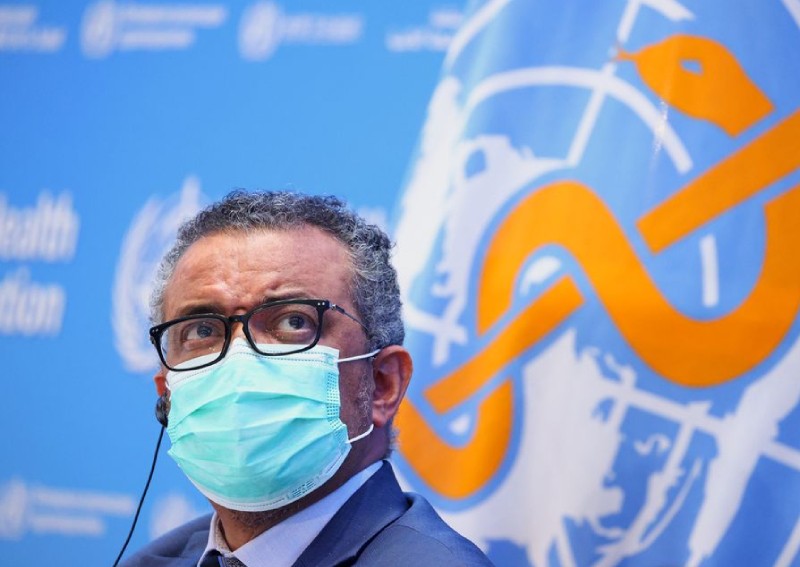
The World Health Organisation has called for rich countries to pay their “fair share” of a US$16 billion (S$22 billion) shortfall to fund tools it says could end the emergency phase of the Covid-19 pandemic this year.
Launching an appeal for funding together with several national leaders on Wednesday (Feb 9), WHO director general Tedros Adhanom Ghebreyesus urged countries to close the funding gap to ensure equitable global access to Covid-19 tests, treatments and vaccines.
It came with many wealthy countries gradually easing their Covid-19 restrictions as numbers of cases fall and vaccinations rise.
In the latest weekly epidemiological report released by the WHO on Tuesday, the case counts for January 31 to February 6 fell 17 per cent worldwide from the previous week, including decreases of 50 per cent in the United States, 26 per cent in France and 22 per cent in Germany – the three countries that recorded the most cases that week.
“Depending on where you live, it might feel like the Covid-19 pandemic is almost over – or it might feel like it’s at its worst,” Tedros said as he launched the campaign for urgent funding on Wednesday.
“But wherever you live, Covid isn’t finished with us. Diseases know no borders, and as we all know from Omicron, any feeling of safety can change in a moment.”
Tedros said that the virus would continue to evolve but people were not defenceless, with tools to test for, treat and help prevent it. However, inequitable access meant that where people lacked access to the tools, the coronavirus would continue to spread, evolve and kill.
“The biggest barrier we face to ending the pandemic as a global health emergency is ensuring all people, in every country, have access to those tools,” Tedros said.
“Science gave us the tools to fight Covid-19; if they are shared globally in solidarity, we can end Covid-19 as a global health emergency this year,” said a WHO statement issued at the launch.
National leaders including South African President Cyril Ramaphosa and Norwegian Prime Minister Jonas Gahr Store joined Tedros at the campaign launch, aimed at increasing funding for the Access to Covid-19 Tools (ACT) Accelerator, a partnership of agencies formed in April 2020 to provide low and middle-income countries with tests, treatments, vaccines and personal protective equipment.
US$23.4 billion was needed to fund vaccines, tests and treatments for those countries until September 2022, according to an ACT Accelerator budget released last October.
So far, US$814 million had been pledged and middle-income countries were asked to contribute US$6.5 billion themselves, leaving a gap of US$16 billion, the WHO said on Wednesday.
“Fair share” contributions were calculated for each of the 55 countries classed as rich to cover the immediate costs of US$16.8 billion. For the 2020-21 ACT Accelerator budget, only six countries met or exceeded their fair share commitments: Canada, Germany, Kuwait, Norway, Saudi Arabia and Sweden.
More than 4.7 billion Covid-19 tests have been administered globally during the pandemic, but low-income countries have accounted for only about 22 million of them – 0.4 per cent of the global total. Only 10 per cent of people in low-income countries have received at least one vaccine dose, according to the WHO.
“This massive inequity not only costs lives, it also hurts economies and risks the emergence of new, more dangerous variants that could rob current tools of their effectiveness and set even highly vaccinated populations back many months,” the agency said.
Dr Richard Hatchett, chief executive of the Coalition for Epidemic Preparedness Innovations, a constituent organisation of the partnership, said that funding the ACT Accelerator was vital for mechanisms such as the Covax Facility , the global initiative to promote equitable access to vaccines.
“A fully funded ACT Accelerator will enable Covax and the other ACT-A pillars to redouble their efforts to get vaccines, diagnostics, therapeutics and other countermeasures to those who need them, while also continuing vital research and development which will address current gaps in scientific knowledge and strengthen the world’s defences against the virus and its variants,” Hatchett said.


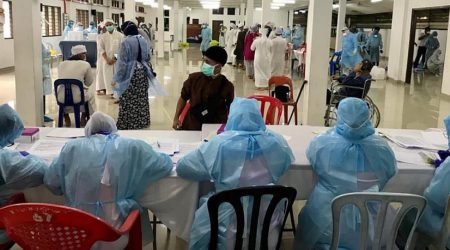



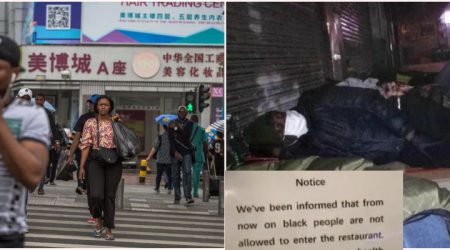
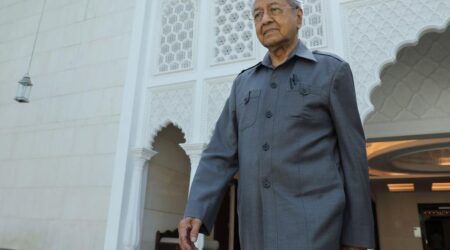
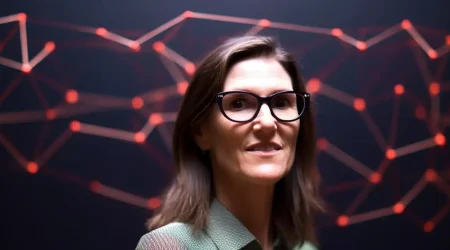


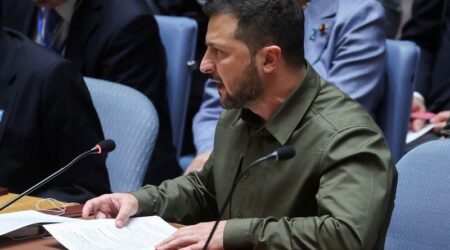
Leave a Reply